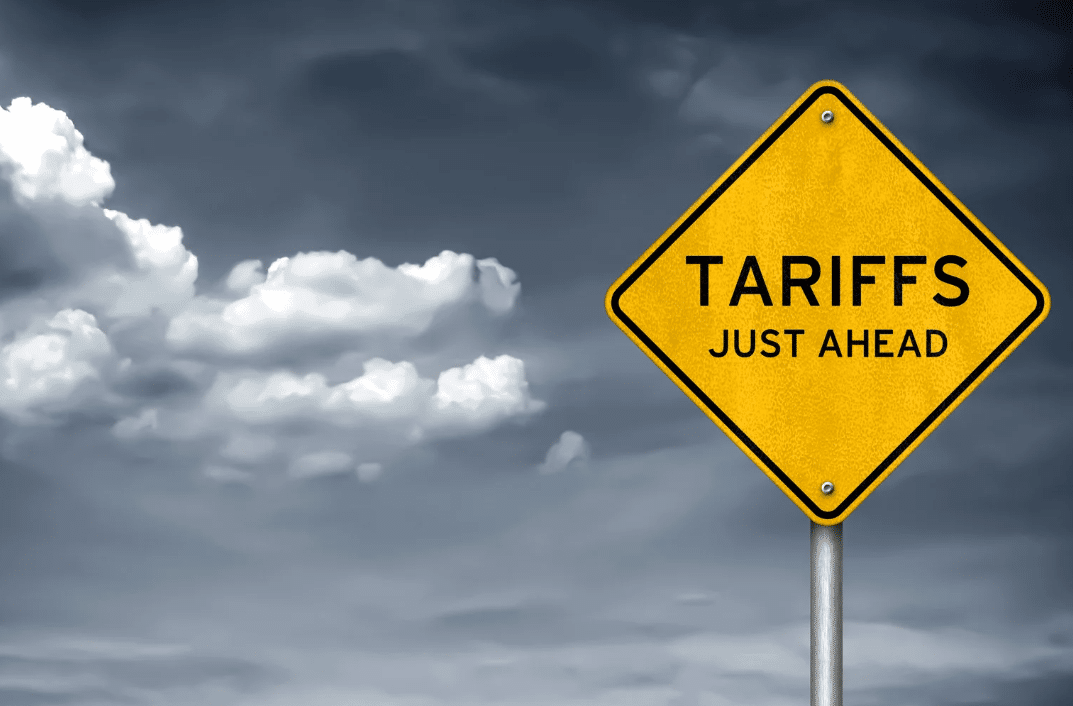Franchising has long been a cornerstone of the American economy, offering entrepreneurs the opportunity to operate under established brand names while contributing to local job creation and economic growth. From fast-food restaurants to fitness centers and retail outlets, franchises rely heavily on efficient supply chains, competitive pricing, and consumer confidence. However, one factor that can significantly disrupt this ecosystem is the imposition of tariffs. Tariffs—essentially taxes on imported goods—affect the cost of supplies, equipment, and products that franchises depend on. As trade policies shift, franchisors and franchisees alike must adapt to a changing business environment shaped by higher costs, fluctuating demand, and competitive pressures.
Increased Costs of Goods and Supplies
Many franchises rely on imported goods to maintain consistency across their brand. For example, restaurant franchises often import specialty ingredients, kitchen equipment, or packaging materials, while retail franchises may source clothing, electronics, or consumer products from overseas. When tariffs are imposed on these imports, the immediate impact is an increase in operational costs. Franchise owners may find themselves paying more for the same supplies, which can erode profit margins. In turn, they face difficult choices: absorb the additional costs, pass them on to consumers through higher prices, or renegotiate supplier contracts. Each choice carries risks, particularly in industries where customers are sensitive to price changes.
Impact on Franchise Expansion
Tariffs not only affect day-to-day operations but also influence long-term growth strategies. Expanding a franchise system often requires significant investment in construction materials, furnishings, and equipment, many of which may be imported. If tariffs increase the cost of these essentials, the overall price tag of opening new locations rises. This can discourage potential franchisees from investing and may slow the growth of franchise networks across the country. For franchisors, higher entry costs can reduce the attractiveness of their business model, creating a barrier to recruitment and expansion.
Shifts in Consumer Behavior
Another layer of impact comes from how tariffs influence consumer behavior. When tariffs drive up prices, consumers often cut back on discretionary spending. This can be particularly challenging for franchise businesses in sectors such as dining, entertainment, and retail, which rely on consumer confidence and disposable income. Even if a franchise does not directly import goods subject to tariffs, it may still feel the effects indirectly through reduced customer traffic and slower sales. Franchises operating in competitive markets face the additional challenge of maintaining brand loyalty while keeping prices reasonable in an inflationary environment.
Pressure on Supply Chains
Franchises typically depend on streamlined supply chains to ensure consistency across locations. Tariffs can disrupt these supply chains by forcing businesses to seek alternative suppliers or reroute goods through different markets. Such adjustments can cause delays, reduce product quality, or increase complexity in logistics. For nationwide franchises, maintaining uniform standards becomes more challenging when certain regions experience greater tariff-related cost increases than others. These disruptions can compromise the uniformity that is central to a franchise’s brand identity and customer experience.
Strategic Adaptations
Despite the challenges, franchises are not without options. Many have responded to tariffs by localizing their supply chains, seeking domestic alternatives to imported goods. This can strengthen ties with local economies and reduce reliance on foreign markets. Others invest in technology and automation to offset higher costs and improve efficiency. Some franchisors also provide financial or operational support to their franchisees to help weather tariff-related pressures. Ultimately, the ability to adapt determines which franchises can sustain growth and profitability in a tariff-heavy trade environment.
Conclusion
Tariffs have a ripple effect that extends far beyond international trade policy, reaching into the daily realities of American franchising. From increased operational costs and slowed expansion to shifting consumer behavior and disrupted supply chains, the impact is felt across multiple levels of the franchise system. While some franchises can adapt through localization and efficiency improvements, others face significant barriers to growth and profitability. As trade policies continue to evolve, franchisors and franchisees alike must remain vigilant, innovative, and flexible. In doing so, they can navigate the challenges of tariffs while continuing to play a vital role in the U.S. economy.










